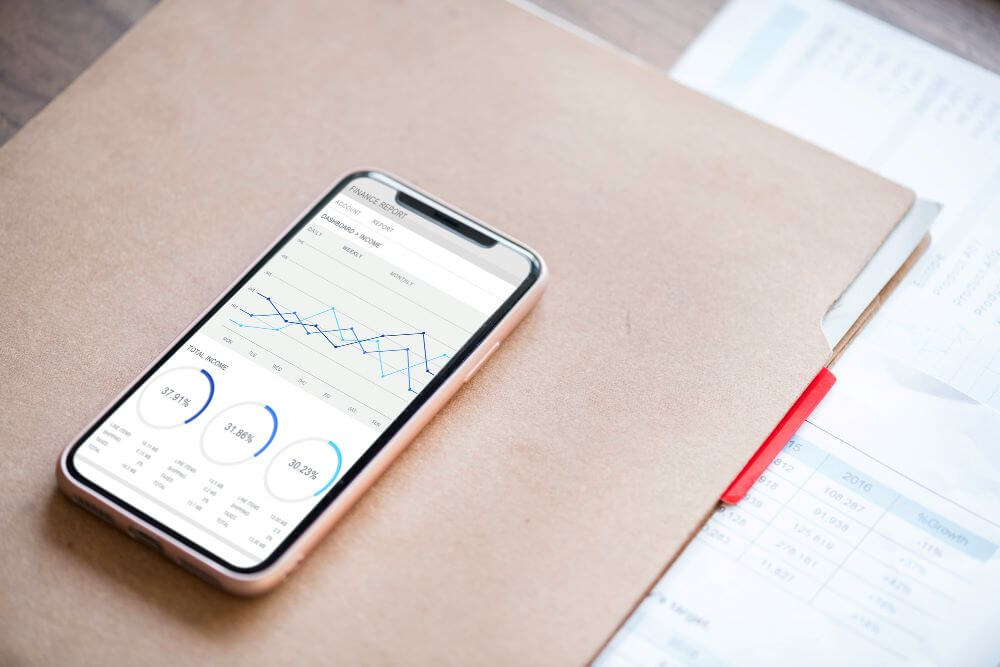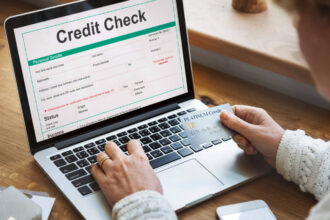In 2025, managing money feels more demanding than ever before. Prices rise, unexpected expenses appear, and financial goals often get pushed aside. This is where a simple budget app steps in. Unlike complex spreadsheets, these apps turn confusing numbers into clear and actionable insights. They help users save more, spend less, and gain control over their finances without needing a financial degree.
What Is The Simplest Budgeting App?
When people ask, “What is the simplest budgeting app?”, the answer depends on lifestyle and habits. A student trying to stretch a scholarship may need different tools compared to a family paying off a mortgage. But the core idea is the same—simplicity. A simple budget app should:
- Connect to bank accounts securely.
- Automatically categorise expenses.
- Show clear spending limits.
- Encourage consistent savings habits.
Apps that meet these needs stand out because they remove stress from everyday financial decisions. The most effective apps reduce the need for manual work while improving money awareness.
Simple Budget App Review: Pros And Cons
Reviews show that simplicity is often the deciding factor. Many budgeting apps fail because they require too much effort or use confusing features. A simple budget app review usually praises apps that save time. Common advantages include:
- Clear user interface.
- Automated categorisation of spending.
- Secure data handling.
- Useful notifications that prevent overspending.
On the other hand, some users report limitations. For example, free versions often come with fewer customisation options. Still, compared to traditional budgeting methods, these apps remain far more effective at creating real financial awareness.
Why A Simple Budget App Free Version Matters
Not everyone can afford premium tools, which is why free versions matter. A simple budget app free plan usually includes core features such as tracking expenses and setting basic savings goals. Even with limited functionality, these tools give people the chance to build financial habits.
Free apps are especially valuable for students, young professionals, or anyone testing digital money management for the first time. Later, as financial needs grow, upgrading to premium versions makes sense.
Benefits Of Using A Simple Budget App
Adopting a simple budgeting tool can change daily routines. The biggest benefits include:
- Awareness of spending patterns—users see where money truly goes.
- Motivation to save—goals are visible, encouraging progress.
- Stress reduction—fewer surprises at the end of the month.
- Time efficiency—automatic tracking replaces manual note-taking.
Research shows that people who use budgeting apps consistently are more likely to achieve long-term financial stability compared to those who rely on guesswork.
Simple Budget Apps For Different Needs
Not all users have the same priorities. Some apps work better for families, while others fit individual lifestyles. Examples include:
- YNAB (You Need A Budget): Focuses on strict budgeting methods.
- Goodbudget: Great for people who prefer the envelope system.
- Mint: Known for strong tracking tools, but can feel overwhelming.
- PocketGuard: Best for simple, everyday spending decisions.
According to The Guardian, the right choice often comes down to personal preference and how much time people want to spend managing money.
The Future Of Budgeting Apps
Technology is reshaping personal finance. Developers now focus on features such as AI-powered predictions, voice-enabled commands, and personalised savings tips. As noted by SmartPurse, the trend is toward apps that offer coaching, not just tracking.
In the near future, the best simple budget apps may not just record numbers but actively guide decisions. Imagine an app suggesting a cheaper subscription alternative or warning about unusual spending in real time.
Conclusion: Why Simplicity Wins
Budgeting doesn’t need to be complicated. A simple budget app gives people the tools to track money, set goals, and avoid financial stress. Among the many choices, PocketGuard stands out because it reduces complex financial questions into clear daily guidance.
Whether someone is saving for a big purchase, paying down debt, or simply trying to stop overspending, the right app can make the journey easier.
Which budgeting app have you tried? Did simplicity make the difference, or did you find yourself looking for more advanced tools? Share your thoughts below—we’d love to hear your experiences.

















